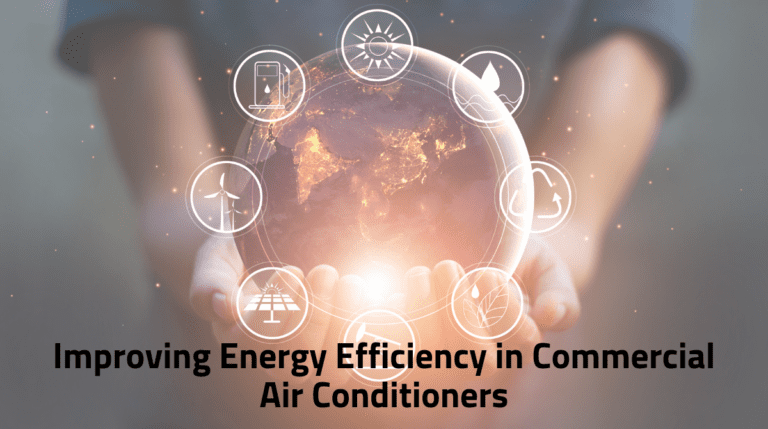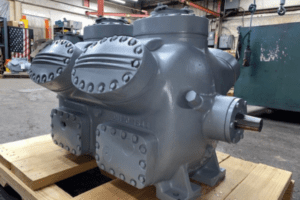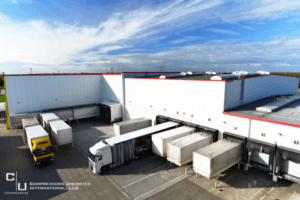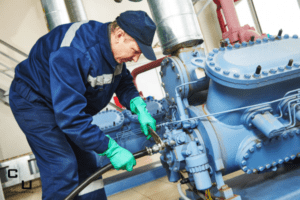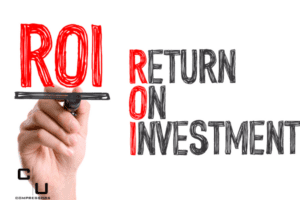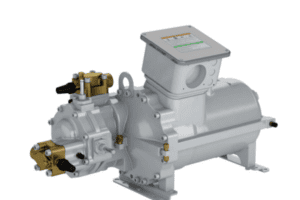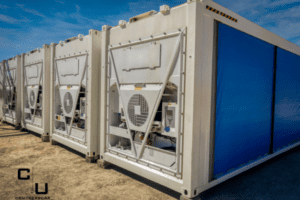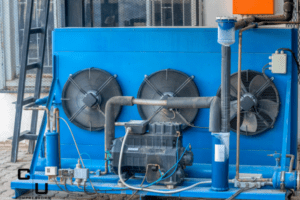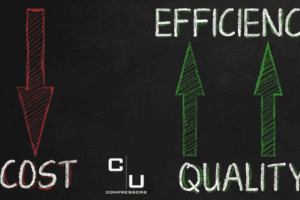

HVAC systems represent a significant percentage of your business’s energy costs. You can trim down costs by improving the efficiency of your air conditioning systems.
In this article, you will learn various ways on how to improve your HVAC energy efficiency. Before we get started, here are some industry jargon relevant to this article:
Season’s Energy Efficiency Ratio: SEER is the ratio of cooling output (in British Thermal Units- BTU) to electricity usage (in KiloWatt Hours). The higher the rating, the more the HVAC energy efficiency of the air conditioning unit.
Energy Efficiency Ratio (EER): It is the ratio of the cooling output to the electricity usage under strict laboratory conditions. It is like SEER without seasonal averages. The higher the EER, the better the HVAC energy efficiency.
Heating Seasonal Performance Factor (HSPF): It is a representation of the heat pump efficiency. Heat pumps cycle in both directions to produce opposite effects (heating and cooling). The higher the HSPF value, the more energy-efficient your HVAC unit.
Here are some strategies that can improve your HVAC’s energy efficiency:
1. Retrofitting
The best candidates for retrofitting are large energy-intensive commercial air conditioning systems. The Department of Energy reported that you could save up to 35% of your annual energy costs by replacing or adding parts.
Retrofits can improve comfort with consistent temperature and humidity. Both heating and cooling systems can enjoy retrofitting.
You can retrofit your air conditioner by;
- Replacing the compressor
- Adding condenser fan controls
- Adding demand-controlled ventilation
- Addition of air-side economizers. These devices take advantage of cool outside air.
2. Programmable Controls and Thermostats
Automated systems that control thermostats can improve your energy efficiency. Did you forget to turn down the thermostat as you left the office? No worries, the computerized system will take care of the thermostat.
3. Invest in Energy Efficient Air Conditioners
The latest HVAC systems (at the writing of this article) have SEER ratings ranging from 14-18. While on the hunt for a new air conditioner, also check for Energy Star rated products.
4. Be Vigilant on Maintenance
Regular maintenance ensures that your HVAC system runs in tip-top shape. Keep a schedule for maintenance appointments. I would recommend running checks at the start and end of the heating and cooling seasons.
5. Change Your Air Filters
Clogged air filters strain your HVAC system. The machine uses more power to push air through. Filters also protect your air conditioner’s parts from dust.
Without the air filter, dust would cling onto the fan blades and motor. As a consequence, your HVAC unit will use more power and eventually slow down.
6. Turn Down Electronics
Always remember to down your electronics when not in use. This action saves you the energy that these machines draw. Electronics like computers, machinery, and media systems, emit heat as they run. Shutting them down reduces the cooling burden on your air conditioner.
Sometimes shutting down an electronic device is not enough. When plugged in, electronics can draw power.
7. Switch to a VRF HVAC
VRF stands for Variable Refrigerant Flow.
A VRF HVAC system can heat and cool different parts of the same building simultaneously. These HVAC systems run on either tandem or scroll compressors.
Tandem compressors use multiple compressors working together. Many compressors would share the workload. In the long run, the compressors last longer.
Scroll compressors use a more energy-efficient refrigerant.
8. Always Educate Your Staff about HVAC Energy Efficiency
Your employees and tenants should learn about consumption reduction. Create awareness on the benefits of saving energy. Let everyone within your organization know that you are monitoring power consumption. Education helps your employees and tenants support your energy-saving initiative.
Heating and cooling costs can make up to half of your total utility expenses. With the tips discussed above, you can reduce your energy costs significantly. Some strategies will not cost you a dime. Other policies require a significant investment.
Whichever the case, saving energy means more money in your pocket. It is also a significant step towards a greener future.
Take action today, save energy.

